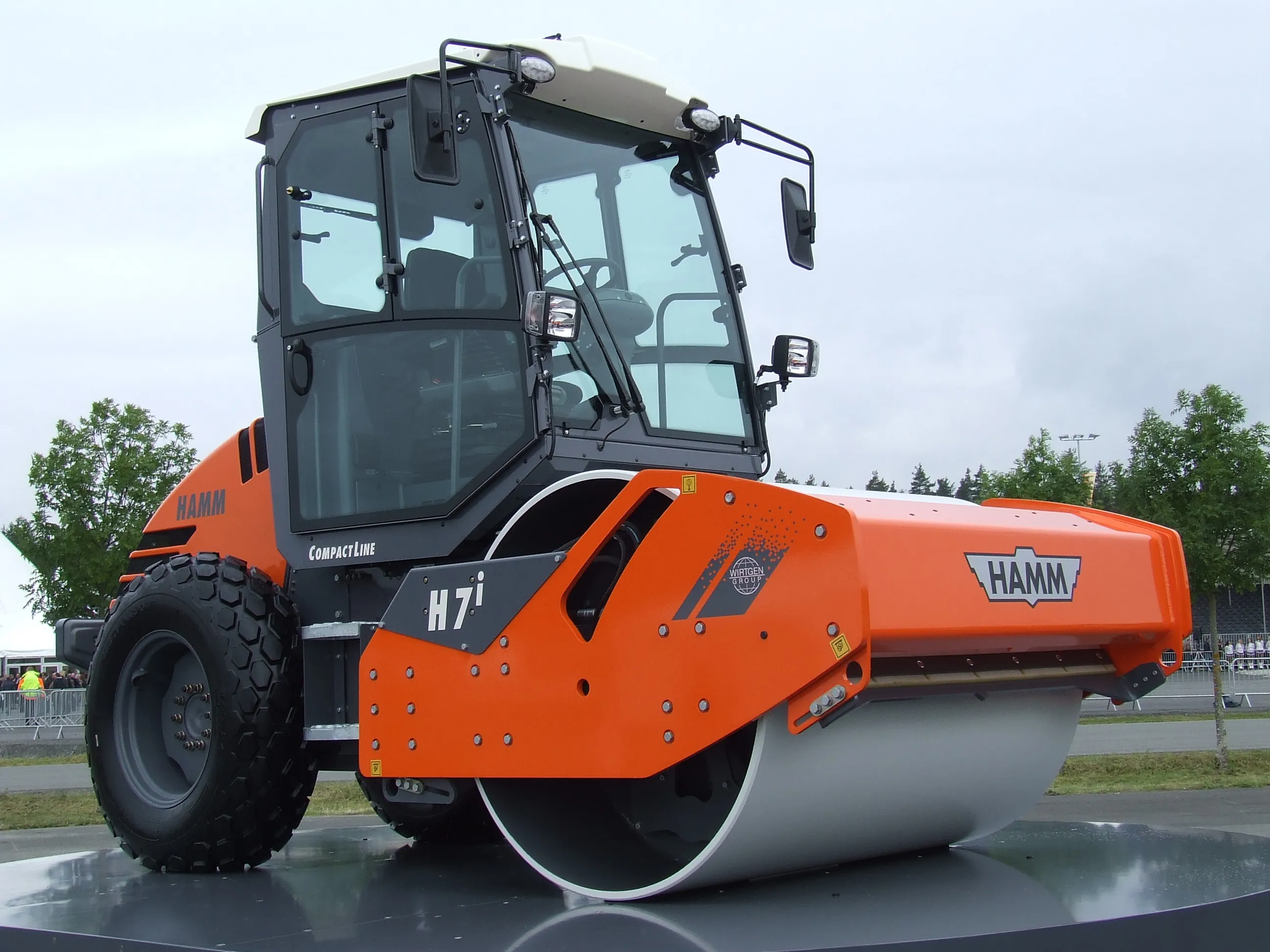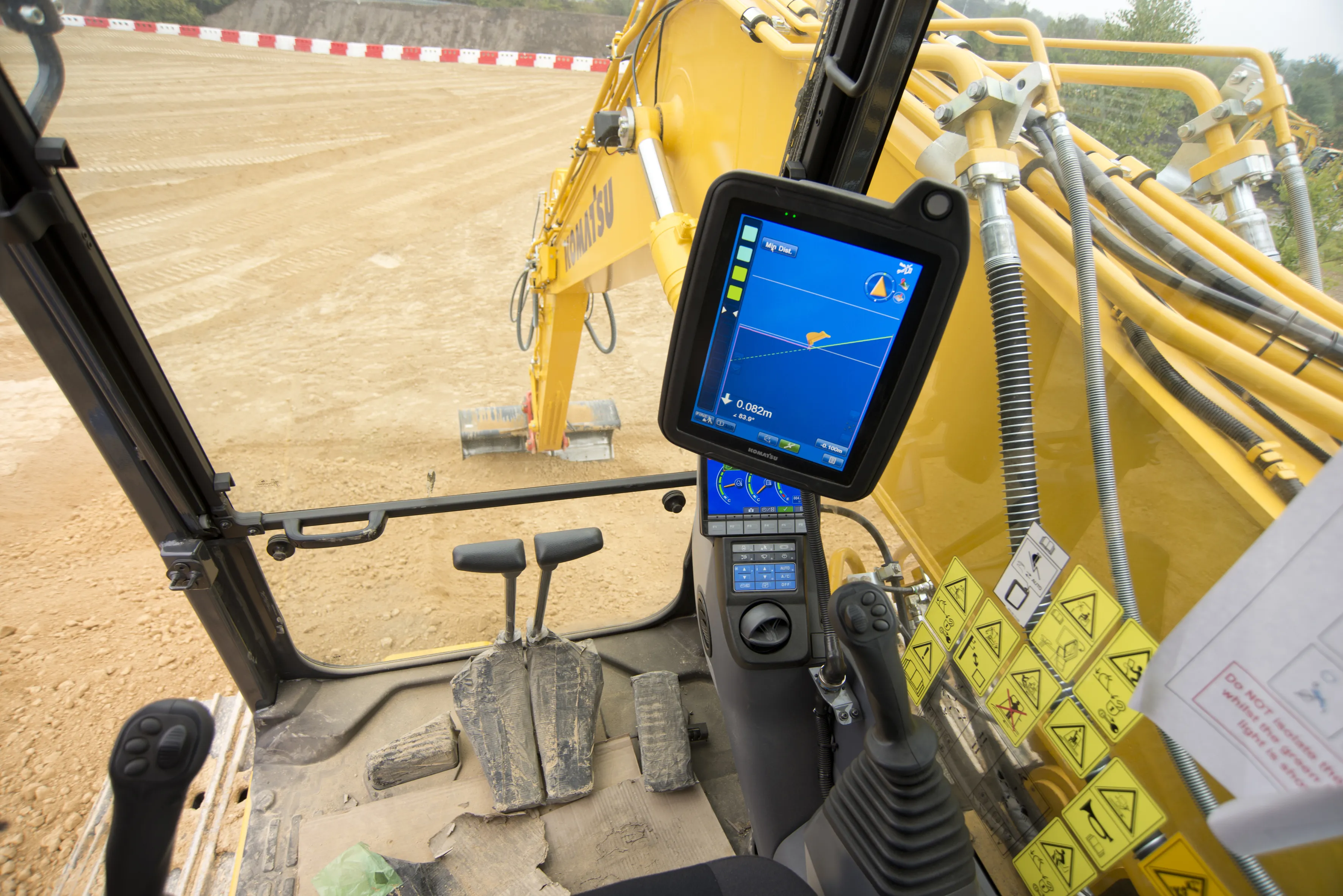March 11, 2017
Manoeuvring and paving speeds are different in the North American market and VÖGELE’s range reflects this. The company takes global products and adapts them: for example, offering rubber band tracks for higher speeds or larger hoppers for highway work. VÖGELE wants to be the leader in this territory in three years – and believes that with its variety of product options and technology there is no reason why this cannot happen









